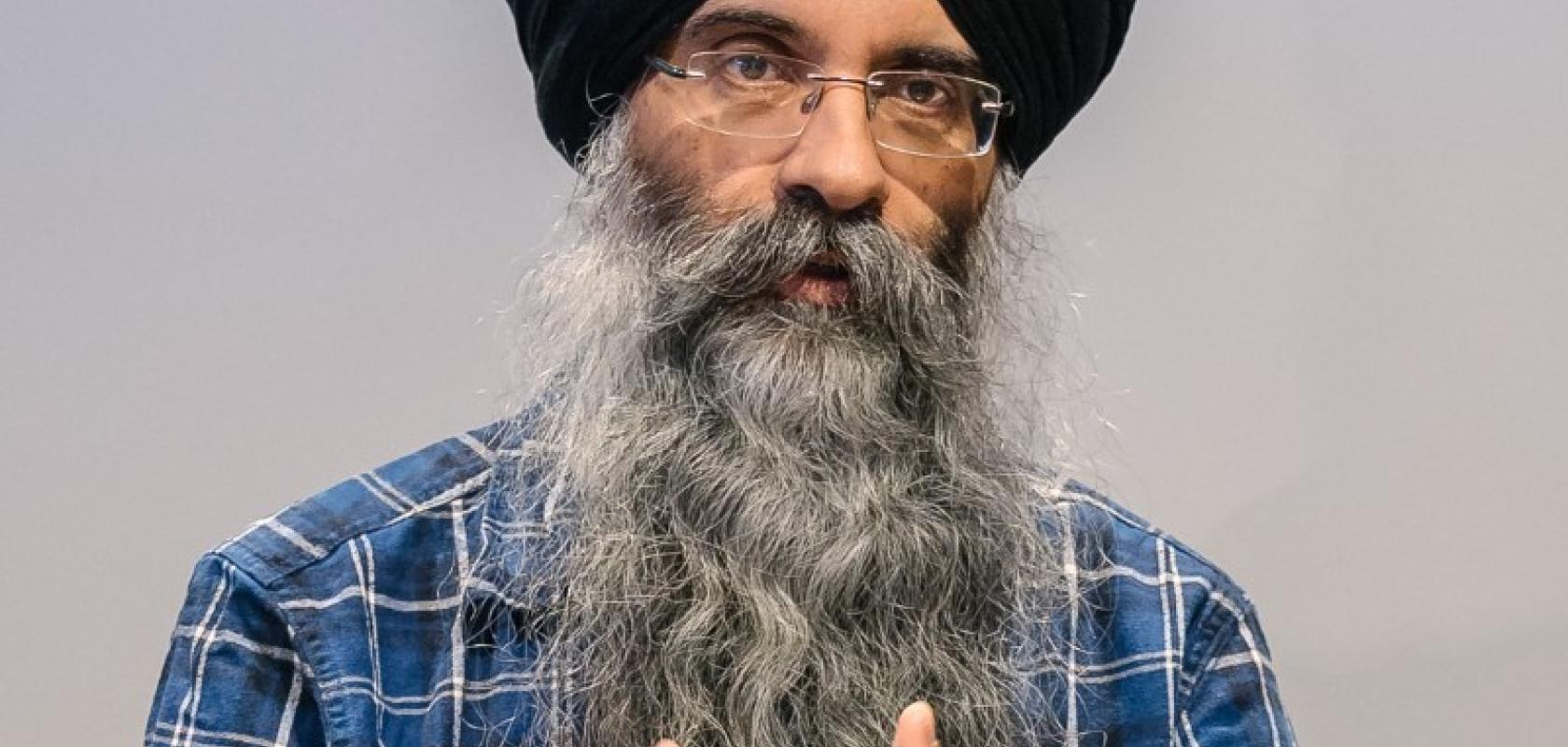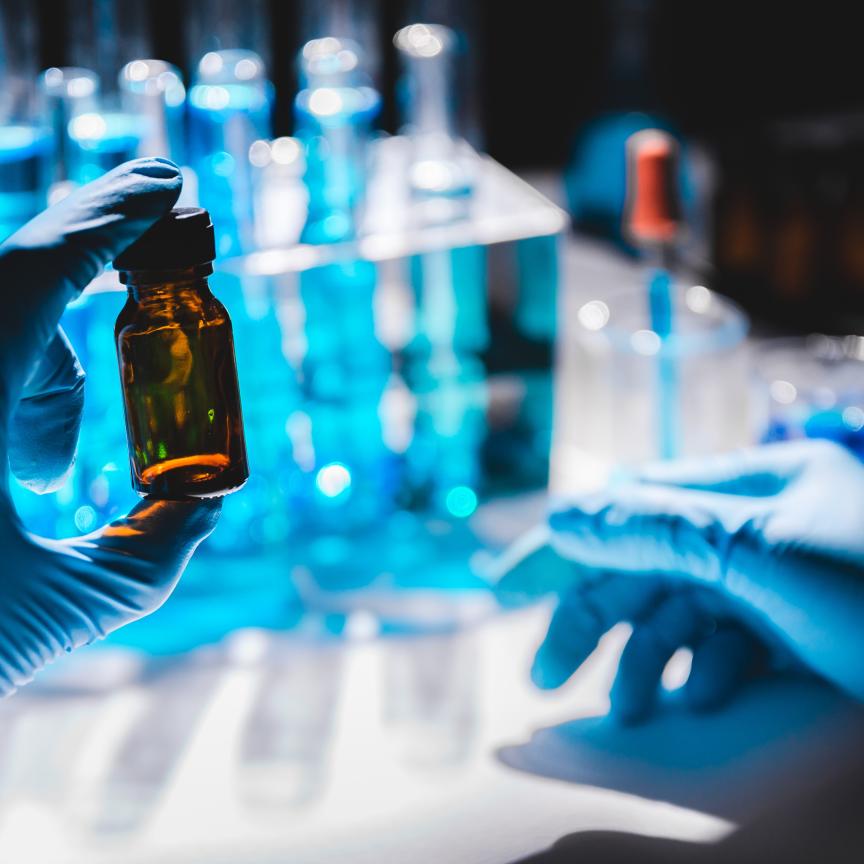Incubate Bio is an in silico drug discovery company dedicated to supporting the development of novel cancer therapies by democratising access to Causal AI across the life sciences industry. Their flagship product ALaSCA, has been developed specifically to enable rapid investigation and in silico experimentation to assist the discovery and development of novel cancer therapies.
What level of expertise or AI-specific skills would scientists need to use Causal AI?
We aim to make this technology available to all. However, some experience is required to maximise the value of its use. When you're working with smaller organisations, they often do not have access to the right range of data science skills internally. For these teams, we provide direct support as a service because we have strong, in-house biological skills, and we can use that to provide a bridge between understanding the results of the ALaSCA system and what that means in the biological context. We understand the scientific questions they're trying to answer.
Looking forward, the ALaSCA system itself, as it matures, will deploy straight to biologists. When working with a system where the biological mechanism is the model, the results relate directly back - there is no translation point. Therefore, the scientist understands their biological mechanism, i.e. their input. What you annotate on the output, whether it’s adding strength values, simulating, or optimising the mechanism based on interventions, you're bringing it back into their language, frame, and biological mechanism diagram.
If you've got a black box system, it needs to be interpreted so that other people can deploy it in their workflow, and therefore this question becomes very real. “If they don't have the skills, how can the user translate those results?” But our approach is different because it's native to the language of scientists, it means that work feeds from them and back to them immediately.
How will the platform evolve?
As we go forward, we're reducing the requirement for scientists to have decades of deep biological experience. This is where ALaSCA becomes compelling. We're reducing the onus on the biologists to have to be Key Opinion Leaders (KOL), essentially democratising access to the breadth of data and depth of knowledge required. We can build the underlying mechanism for them using the LLM engine, which itself will improve and evolve over time as more data because available, either open source and/or proprietary. In industry today if you don't have a KOL in your organisation, or within your direct network, it's tough to go after complex disease mechanisms because you need those 30-40 years of experience. But that bottlenecks the whole industry because there aren't enough KOLs, and most are already committed. So how do you allow new companies to grow and extract that knowledge as if they're getting access to a KOL? We're lowering the bar to access expertise and encapsulating a lot of that mechanism, including insights, experience, and thinking into the ALaSCA engine. Our vision is simple, we want to enable the lab scientist to easily explore their hypothesis quickly and comprehensively, speeding up the drug discovery and development process and increasing the chances of successful outcomes from their efforts.
Dr Raminderpal Singh is the CEO and co-Founder of Incubate.bio


